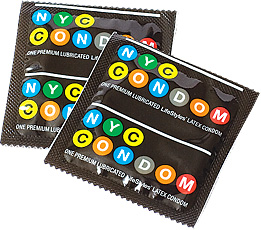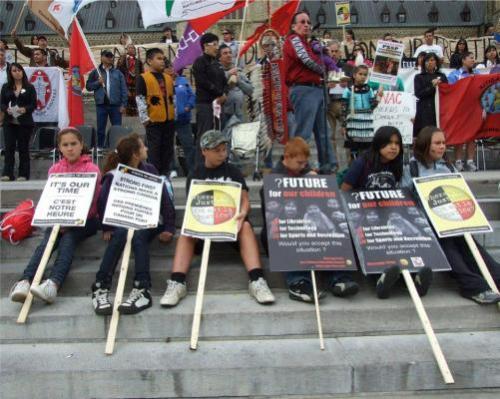Beyond SOPA/Pipa: a human rights approach to Internet regulation
Wikipedia’s move three weeks ago to block access to its site across the English speaking world in protest against two proposed US bills - SOPA (Stop Online Piracy Act) and Pipa (Protect Intellectual Property Act) – had its intended effect. A post on the Guardian joked, “the Internet seems a little...quiet today, don't you think?” as the web buzzed with activity about the “blackout”. Countless independent blogs and a few big sites such as Wordpress and Reddit joined Wikipedia by “turning the lights out”, while other big Internet sites used banners, pop-ups and logo-changes to signal their opposition to the bills and their backers. Google ‘censored’ its logo on its search engine.
In many ways, the objective of the protest was simple: to raise awareness of, and mobilize opposition against the badly designed anti-piracy bills and to dent their support in Congress. In this effort, opponents of the bills won an overwhelming victory. The Wikimedia Foundation reportedthat 162 million people experienced...


